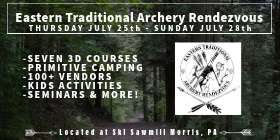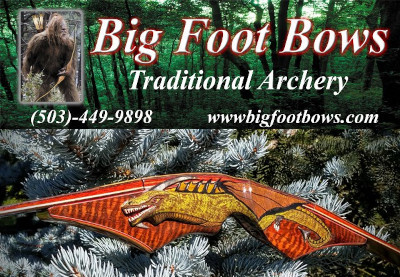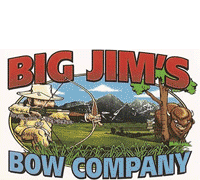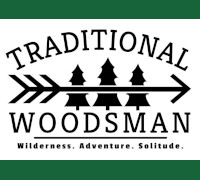
|
|
|
 
|

|

|
|


| Contribute to Trad Gang and Access the Classifieds! |
| Become a Trad Gang Sponsor! |
| Traditional Archery for Bowhunters |

|
RIGHT HAND BOWS CLASSIFIEDS
LEFT HAND BOWS CLASSIFIEDS TRAD GANG CLASSIFIEDS ACCESS |
- Welcome to Trad Gang.
Wolves attack sheep in my bowhunting unit
Started by Randy Morin, August 30, 2009, 01:00:00 PM
Previous topic - Next topic0 Members and 2 Guests are viewing this topic.
User actions
Copyright 2003 thru 2025 ~ Trad Gang.com © |







